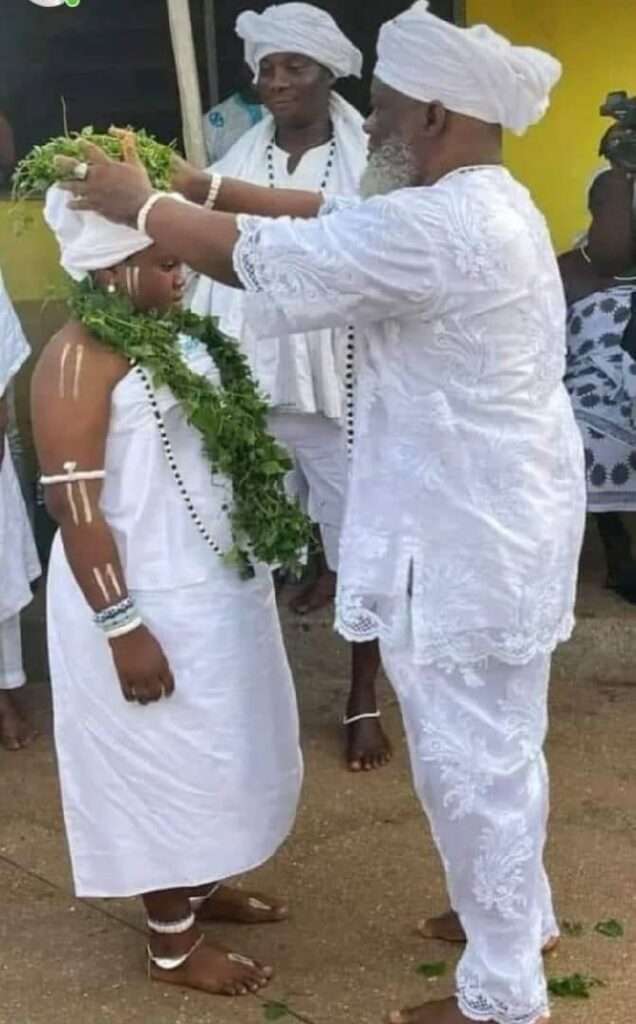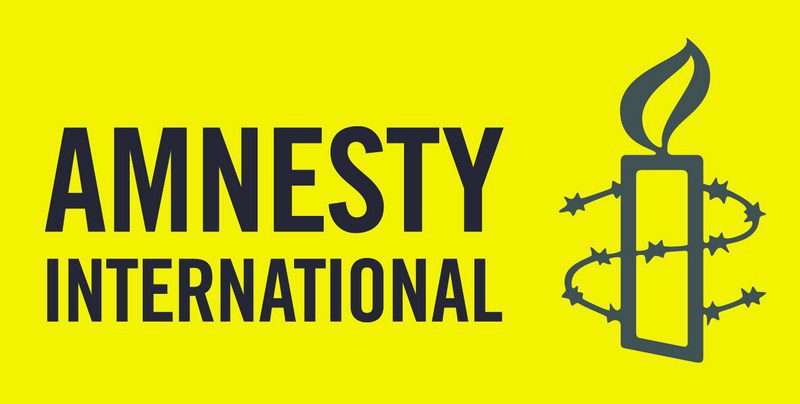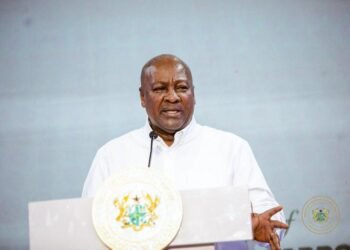Amnesty International has called for the abolishment of cultural practices that infringe upon the rights of young girls, particularly in the context of child marriage.
The Non-Governmental Organisation (NGO) stated that such practices hinder young girls from fulfilling their potential.
“We implore all governmental and civil society organizations dedicated to safeguarding the rights of children, particularly young girls, to join us in advocating for the eradication of child marriage in Ghana. Ghanaian law acknowledges customary marriages but firmly rejects the practice of child marriages under the guise of culture or tradition.
It is imperative to halt traditional practices that infringe upon the rights of young girls, hindering their ability to fulfill their potential. Instead, we must uphold the principles enshrined in the laws of Ghana and ensure the protection of all children’s rights, both domestically and internationally.”
Amnesty International
The remarks from Amnesty International stem from the controversial story surrounding the alleged traditional marriage between 63-year-old Gborbu Wulomo of Nungua, Nuumo Borketey Laweh Tsuru XXXIII, and a 12-year-old girl called Naa Okromo.
Amnesty International Ghana was deeply concerned by recent media reports detailing the purported marriage in Accra.
The NGO also applauded the Ghana Police Service, the Ministry of Gender, Children and Social Protection, and the Ministry of Chieftaincy and Religious Affairs for taking measures to protect the young girl and the mother.

The Non-Governmental Organisation (NGO) added, “Such actions must serve as a deterrent to anyone who might consider similar actions in the future.”
Amnesty International further condemned the practice and called on the Ghana Police Service to diligently pursue their investigations and ensure that those responsible face the full force of the law, as stipulated in Section 15 of the Children’s Act.
“Amnesty International unequivocally condemns all forms of child marriage, a practice expressly prohibited under Chapter 5 of the 1992 Constitution of Ghana and further defined by the Children’s Act, 1998 (Act 560). According to Section 14 of the Act, a child is defined as an individual under the age of eighteen (18), and Section 14(1c) explicitly prohibits forcing a child into marriage.”
Amnesty International
The NGO further highlighted that the penalty of 500 cedis and a term of imprisonment not exceeding one year needs to be reviewed as soon as possible by the government.
Several entities, including the National Commission for Civic Education (NCCE) and the Attorney-General, have criticized the Nungua authorities.
This calls for the abolishment of cultural practices that infringe upon the rights of young girls is part of a broader effort to uphold the principles of human rights and the rights of children, as outlined in international human rights documents such as the UN Declaration on the Elimination of All Forms of Intolerance and Discrimination Based on Religion or Belief.
This declaration protects the rights of the child against abuse carried out in the name of a particular belief or cultural tradition, stating that practices of a religion or belief in which a child is brought up must not be injurious to his physical or mental health or his full development.
READ ALSO: President Akufo-Addo Urged to Release KPMG Report on SML Deal























